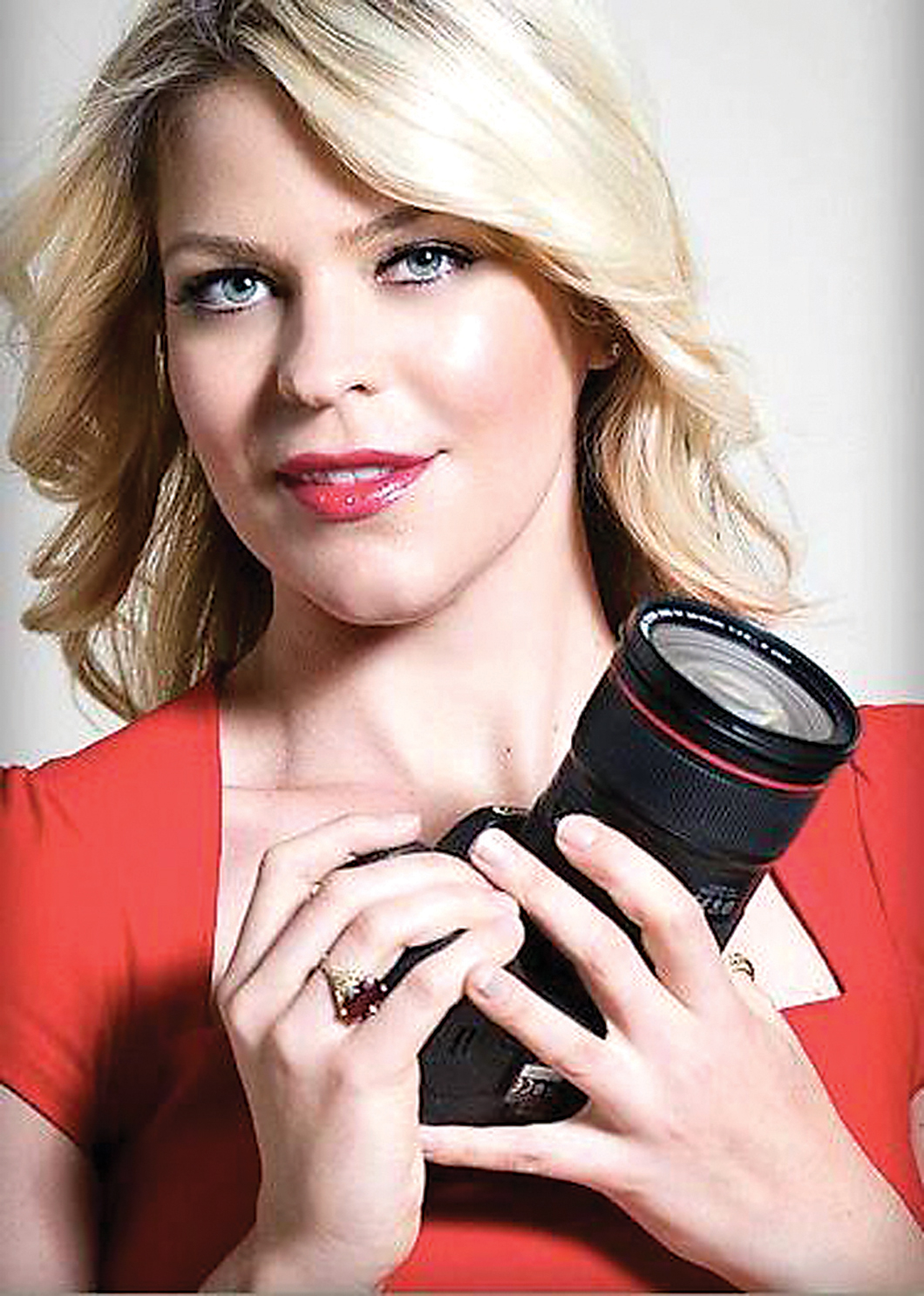Journalist and filmmaker Amber Lyon said at the start of her 20-minute speech to a fundraising luncheon Wednesday that by the time she was finished speaking, 10 children would have been trafficked for sexual exploitation in this country.
That usually involves a pimp putting a child in a roadside hotel room and selling her to whomever walks through the door, Lyon said.
"We need to do a lot more to protect them," she told the crowd of about 400 people at the inaugural luncheon benefit for the Women's Fund of Greater Chattanooga.
Human sex trafficking exists, it is intense, and it needs to be stopped, the three-time Emmy Award winner said.
Wednesday's sold-out event, called Voices, was organized to encourage corporate participation in the effort to stop trafficking, to celebrate the accomplishments of the Women's Fund and to make people more aware of the organization.
"We want to address the root causes of situations that women find themselves in that limit their reach and hold back their dreams for themselves and their families and for the world," said Ann Coulter, founding member of the Women's Fund of Greater Chattanooga.
Executive Director Kara Fagan said the group was formed four years ago to focus attention on ending sex trafficking.
The FBI estimates that 100,000 children are being trafficked for sex, Lyon said. Tennessee has relatively high rates of trafficking because it is so close to Atlanta, she added.
The Women's Fund works with women's organizations across the state to advocate for 19 state laws aimed at stopping trafficking. Before the group began educating lawmakers and others about the problem three years ago, sex trafficking wasn't defined as a chargeable crime, Coulter said.
If a girl and her pimp were taken into custody, the girl was usually released - back into the same situation that made her vulnerable. If her pimp were charged with anything, it was probably a misdemeanor and he was released.
Now this crime in Tennessee is identified and prosecuted, Coulter said as the crowd applauded.
Lyon told the story of sex trafficking through a girl in Las Vegas, Nev., whom she called Selena. The girl, featured in Lyon's documentary, "Selling the Girl Next Door,"was 13 when she first was sold for sex. Selena apologized to the judge for breaking the law and cried to go home to her mother and sister, but she was not released. Lyon pointed out that Selena saw herself as criminal - not a victim.
Lyon said girls ages 12 to 14 are frequently sold for sex, often after running away from home. Selena was picked up by a pimp less than 72 hours after she left home.
He wasn't initially mean, Selena told Lyon, and at first she liked him. But told her she had to earn her keep; sexual trafficking was his plan for her to make money. She was sold to men, sometimes four men in a single night. She became hooked on drugs.
Judges and law enforcement are concerned about allowing children victimized by sex trafficking to return home because they sometimes run away again, Lyon said. Instead of allowing Selena to return home, a judge ordered her to a drug rehabilitation center.
Contact staff writer Yolanda Putman at yputman@timesfreepress.com or 423-757-6431.

